Client stories: How remote coaching helped small entrepreneurs revive their businesses during the pandemic

The COVID-19 pandemic brought with it unprecedented challenges for society – beyond the imminent threat to people’s health and lives. Small businesses, in particular those owned by women or based in rural areas, faced big impacts. Lockdowns and movement restrictions meant they had to either suspend their activities for prolonged periods or offer reduced services. This affected their incomes, worsening their financial situation and pushing many towards closure.
In Tunisia, a survey of business owners by the Tunisia Association for Management and Social Stability found that more than two-thirds of the respondents needed financial support, while a quarter were seeking trainings to build their capacity to cope with the crisis. In response to this demand, Advans Tunisie, in partnership with local NGOs, launched a remote coaching programme to provide clients with the tools and approaches needed to restart and revitalize their businesses.
Assessments conducted three months after the training revealed:
- A drop in entrepreneurs’ stress-levels,
- Increased confidence in their future outlook, and
- High-level of satisfaction with the support provided by Advans to help overcome COVID-related challenge.
The one-on-one coaching sessions focused on:
- Diagnosing the business situation,
- Defining an action plan (short- and long-term measures), and
- Supporting the implementation of the action plan through personalized support.
To ensure that the coaching programme helped entrepreneurs that were highly impacted by the crisis, Advans deliberately focused on clients who had requested loan rescheduling or a grace period of at least three months to settle their loans.
Trainings on topics such as controlling and managing expenses, budgeting, and prioritizing commitments enabled the entrepreneurs to have better control of their finances, reduce over-indebtedness and mitigate risks posed by the pandemic.
Two entrepreneurs shared how this programme equipped them with the resources needed to see the light at the end of the (seemingly endless) pandemic-driven tunnel:
Amira Aati, pastry chef from Zaghouan
Khadhraoui Mahfoudh, former IT manager turned farmer from Jelma Sidibouzid
The broader project, financed by FMO, SANAD, the Conseil de Gouvernance Economique Belgo-Tunisien and SCBF, targeted 1,000 entrepreneurs, with 840 (including 39% women) successfully completing the training. The component funded by SCBF enabled Advans to train 380 of these entrepreneurs, primarily women. Read the final report for more information on the project approach and results.
Photo and video credits: Advans Tunisie



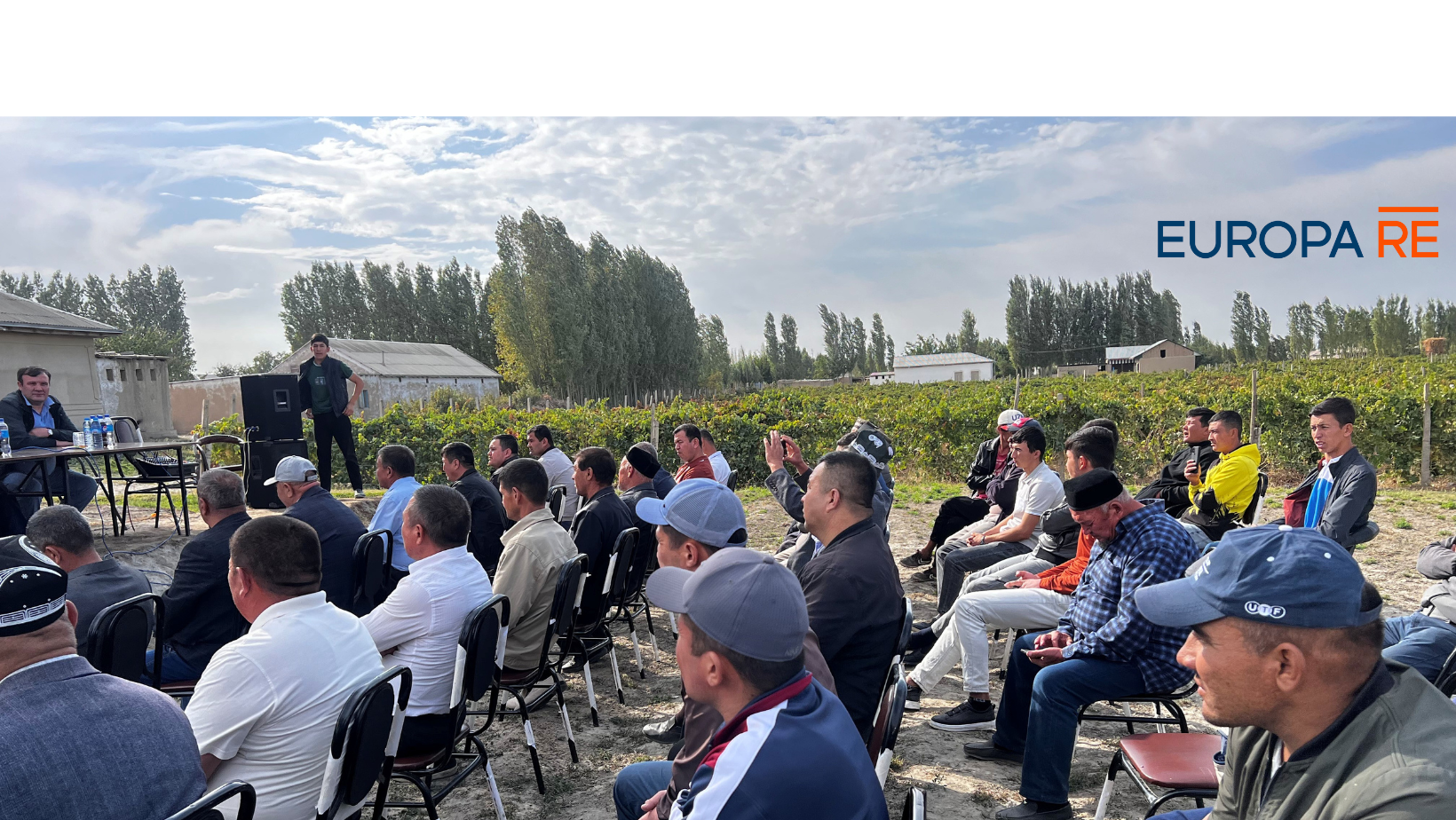
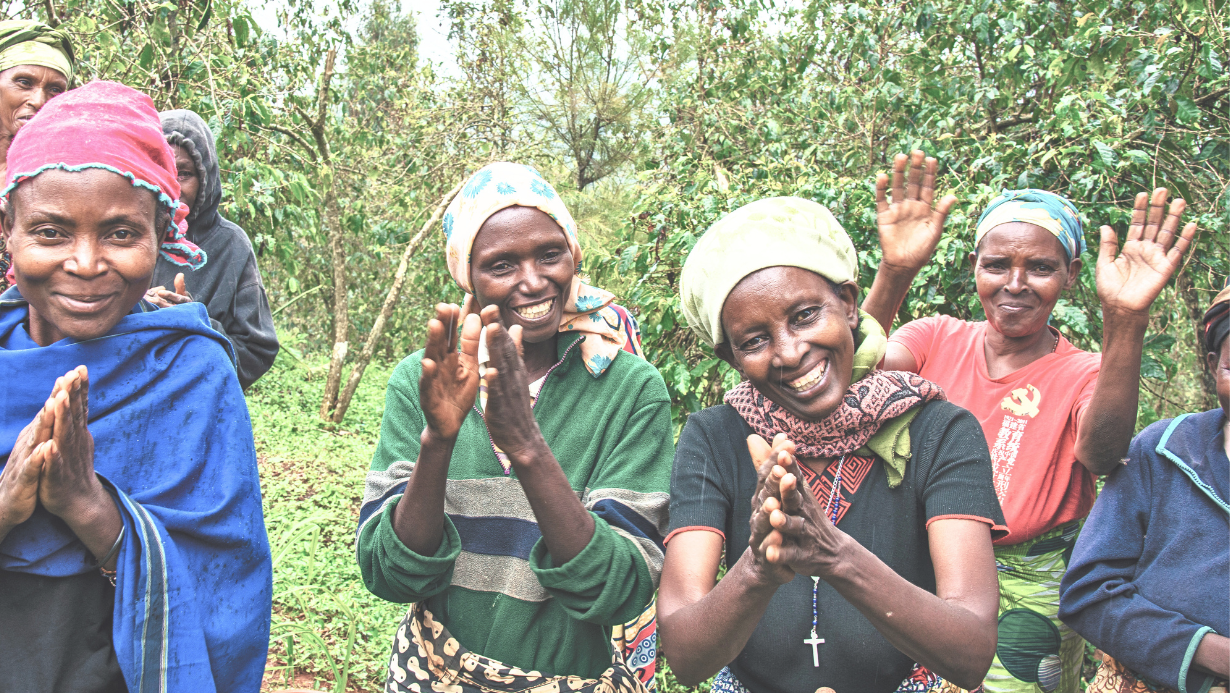




.png)
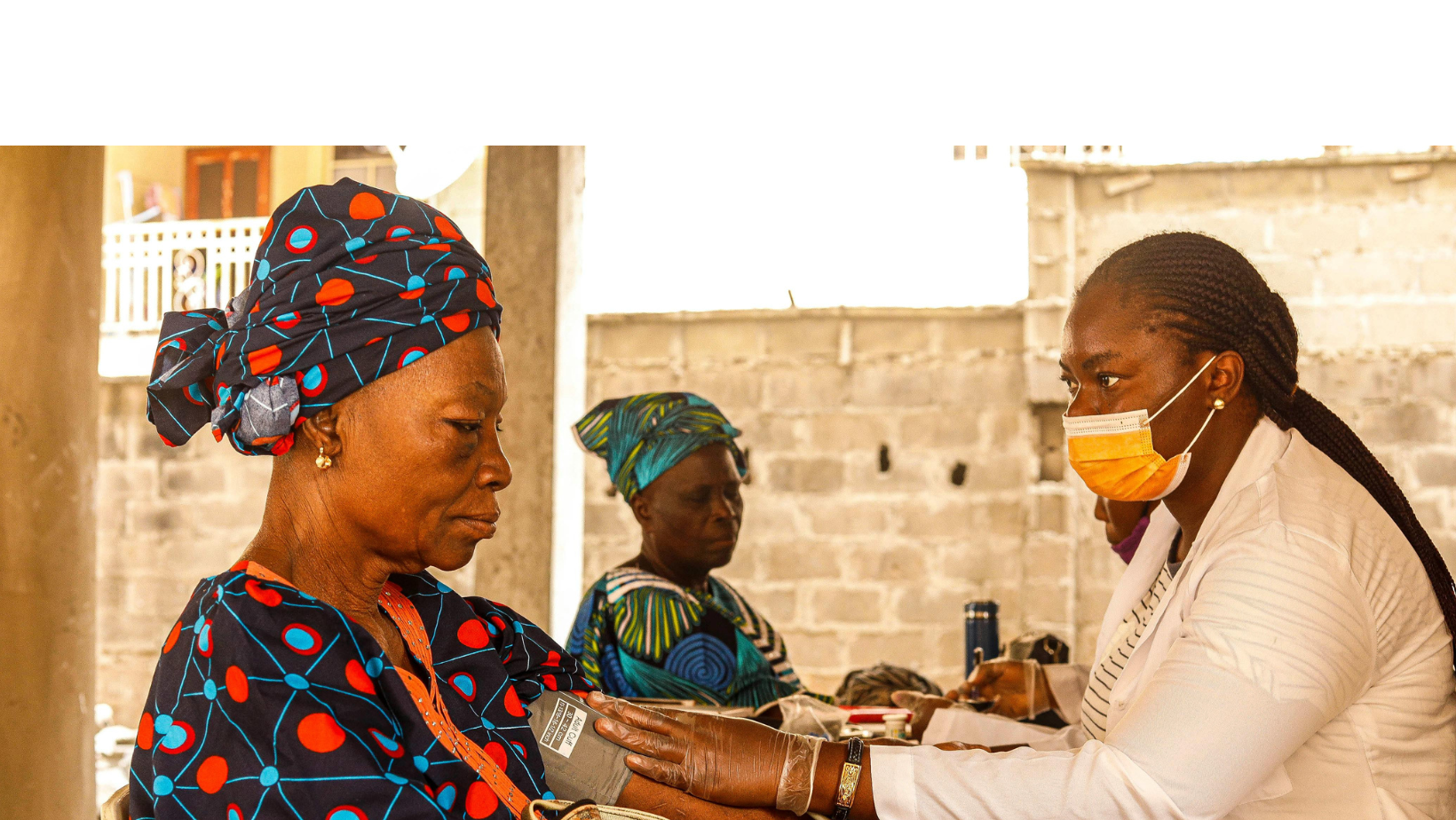
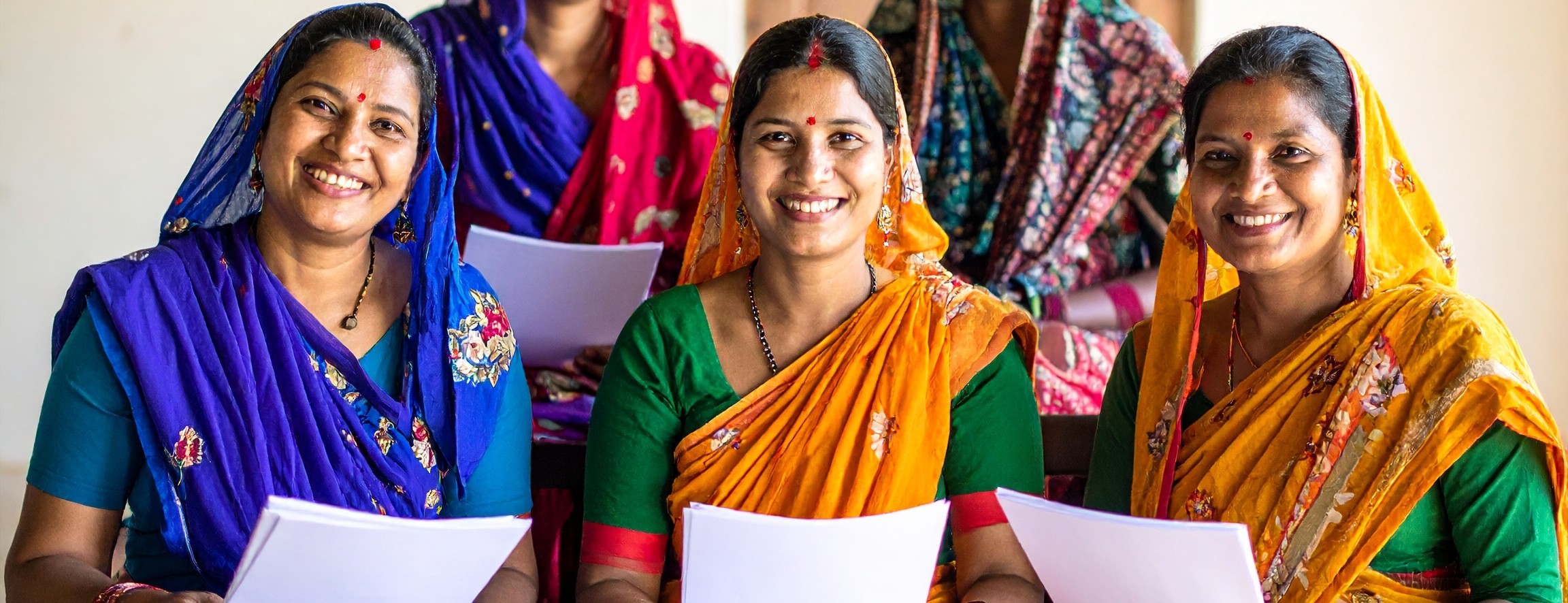









































.png)
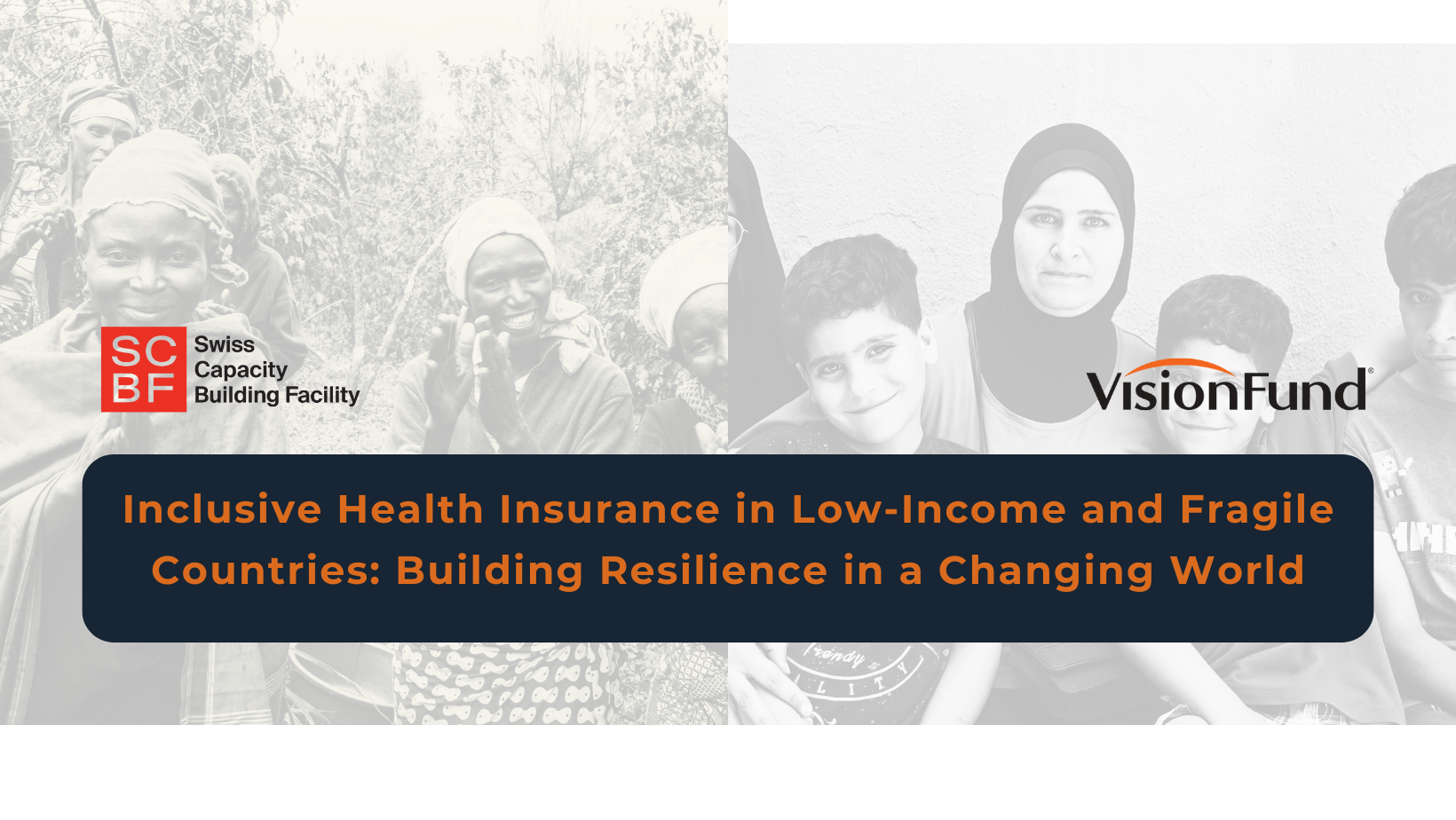









.png)






































